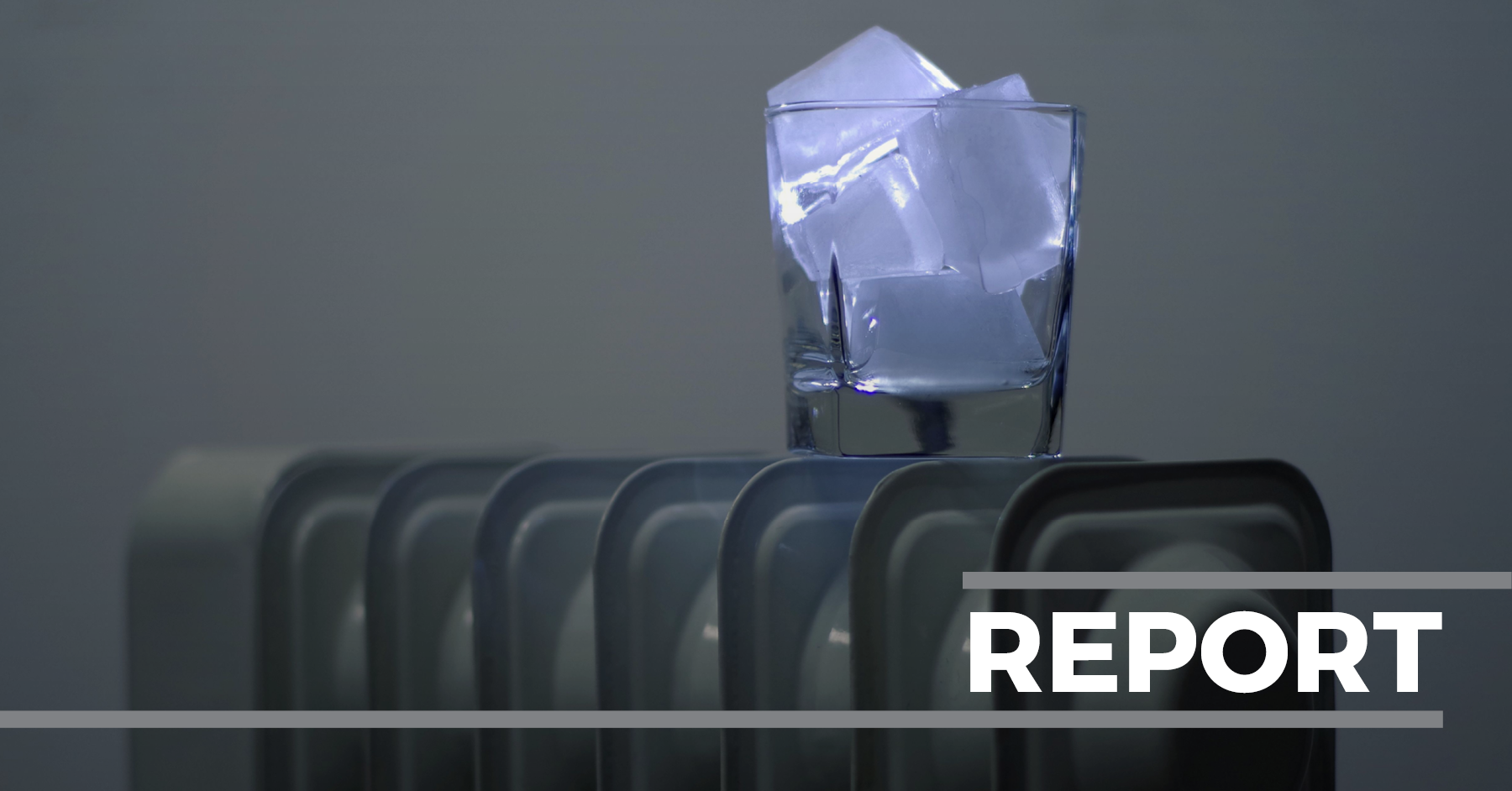The real stories of Victorians forced to choose to heat, or eat
Victorians have shared their stories of energy disconnection as part of research by RMIT for Consumer Action Law Centre’s ‘Heat or Eat’ report released today.
The report details six unique stories showing how issues like mental health, unemployment and family violence can be further compounded by the experience of having an essential service disconnected.
27 year old Emira* (a public housing tenant from regional Victoria) detailed the experience of having her energy disconnected while trying to escape a violent relationship:
“I had a domestic issue and [the retailer] was demanding money that day. I was more worried about my son’s safety: I just wanted to get him out of there. I hung up the phone and they rang me back in half an hour, while I’m trying to get ready to get out… but they don’t care. They just want their money.”
Sarah*, an inner-Melbourne woman in her forties was living with post-traumatic stress disorder following an assault and was disconnected by her energy company over $220. She told RMIT researchers that“…given that they knew my situation and in the end I only owed $220.00… I just wonder whether there are better ways to go about addressing these issues than just cutting someone’s power off.”
Consumer Action has recommended that caps be introduced for the amount a retailer can request from a person receiving Government assistance, that a home energy audit program be introduced for low income households and that the power to disconnect households be made by an independent panel or arbiter.
“These stories have highlighted to us just how important it is that decisions to disconnect an essential service are not taken lightly” says Janine Rayner, Senior Policy Officer at Consumer Action and lead author of the ‘Heat or Eat’ report.
“We hope these stories convince retailers to pick up their game on supporting Victorians in distress and that disconnections don’t make an already traumatic situation worse”.
The full ‘Heat or Eat’ report is available to download here and the RMIT report is available to download here.
*Names have been changed for privacy.


